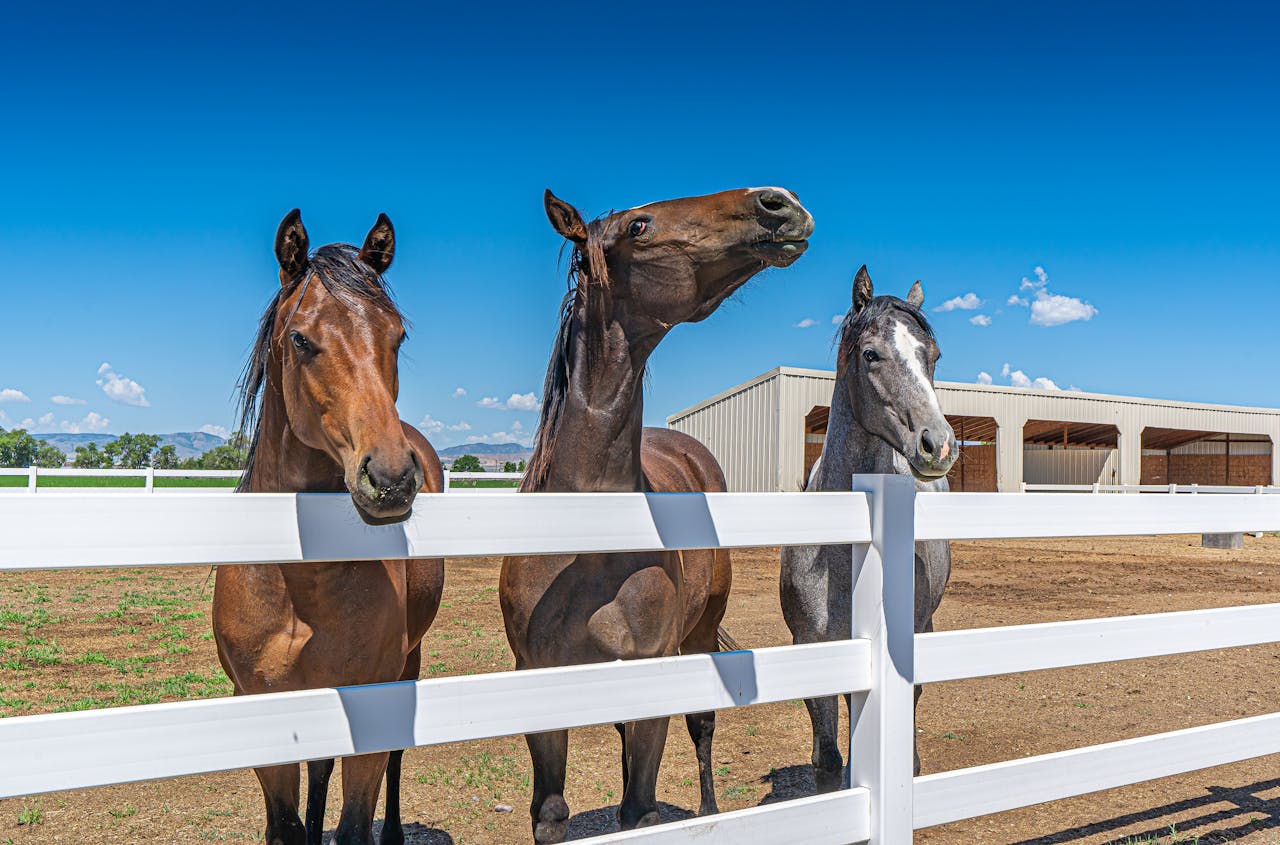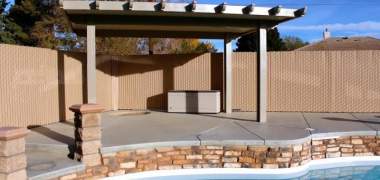Equestrian Excellence: Types of Equine Fencing for Horse Owners

If you keep horses, you know the importance of having a fence around them. Horses require space to socialize, graze, and move. However, they can easily wander off or escape if not contained well. Proper horse fencing offers a secure space for your horses to move outside. It reduces their chances of being attacked by a predator or wandering into the road and getting hit by a vehicle. Fencing can be constructed using different materials like chain-link, steel, or vinyl. It should be strong, safe for horses to be close to, and high enough to minimize the risk of horses jumping over. Here are four types of fences horse owners commonly use.
PVC Equine Fencing
Vinyl fencing is a favorite among equestrians. It has the aesthetics of a painted wood fence but can withstand weather elements better. That significantly lowers your maintenance costs. However, PVC is highly brittle under pressure. If horses constantly rub against and knock it, the boards may give. To increase its lifespan, you could use it alongside an electric fence to discourage horses from leaning on it.
Vinyl ranch-style vinyl fencing makes a great addition to equestrian properties. Because it’s available in many styles, colors, and textures, you can easily choose one to suit the architectural style of your ranch. However, because of the more delicate nature of vinyl horse fencing, horses should not be left unattended inside one. To ensure safety and security, horses should be kept in their stable or horse corral to ensure safety and security.
Wire Fencing
Smooth wire equine fencing is one type of wire fencing that’s inexpensive. The problem is horses have a hard time seeing the smooth wire. As a result, installers often coat the wire with PVC for better visibility. Also, horse owners can use a hot strand or electric tape to discourage horses from putting their weight on it.
V-mesh wire is another type of wire fencing commonly used by equestrians. It’s one of the safest fencing options. Its diamond pattern effectively keeps your horses in and other animals out. The only downside is it’s the most costly wire fence.
Steel Pipe Fencing
Steel pipes are strong and long-lasting. Due to their rigidity, they will not be damaged if a horse leans against them – though a horse could easily get hurt if it ran into a steel-pipe fence because they do not budge. Modifying steel pipe equine fencing after erection can be challenging, which is why it’s important to work on the design beforehand.
Choosing the Right Equine Fencing for Your Horse Farm
Whatever fence type you choose, the safety of your horses and foals should be your top priority. All American Fence stocks various vinyl, wire, and steel post fence parts. We have also served the High Desert Area for over three decades and are familiar with all the fencing codes. Our experts will recommend the right equine fencing per your needs. Call now!




